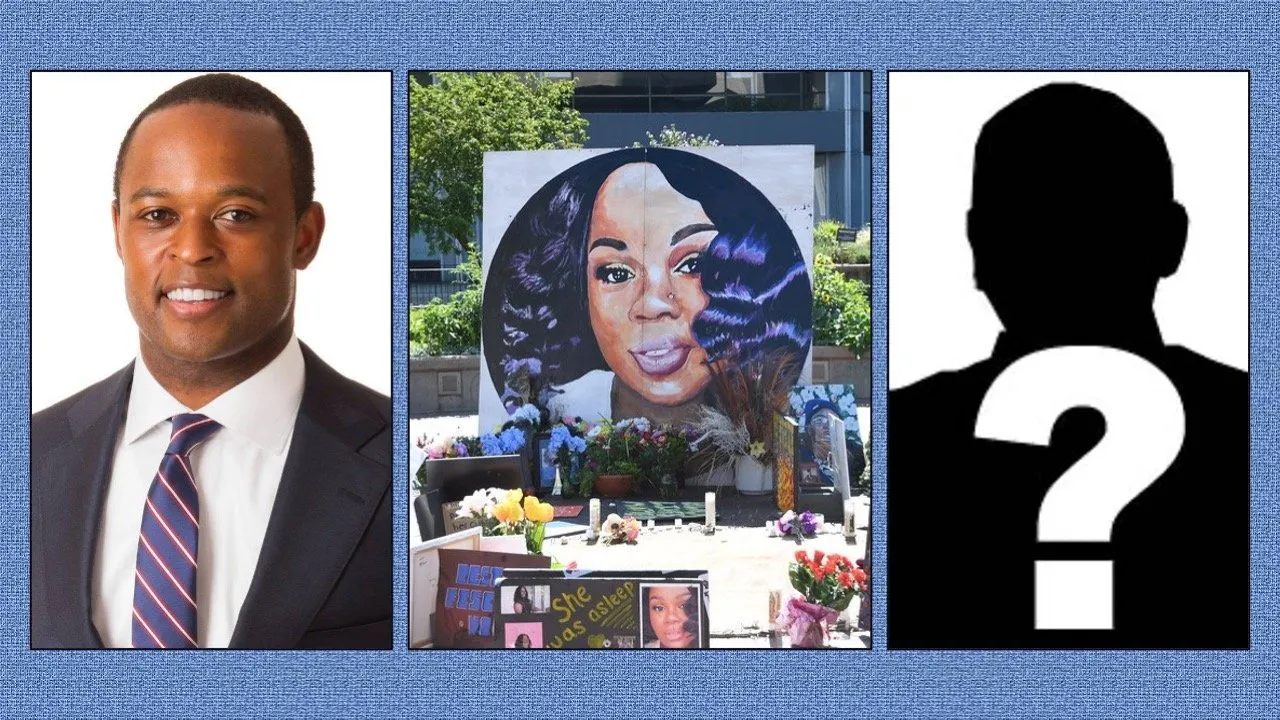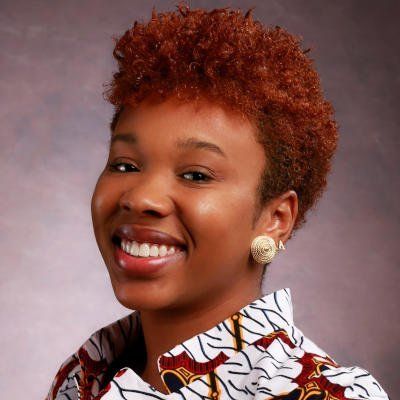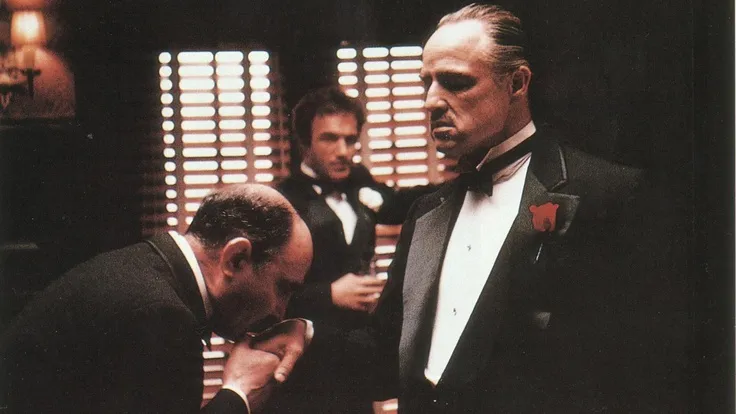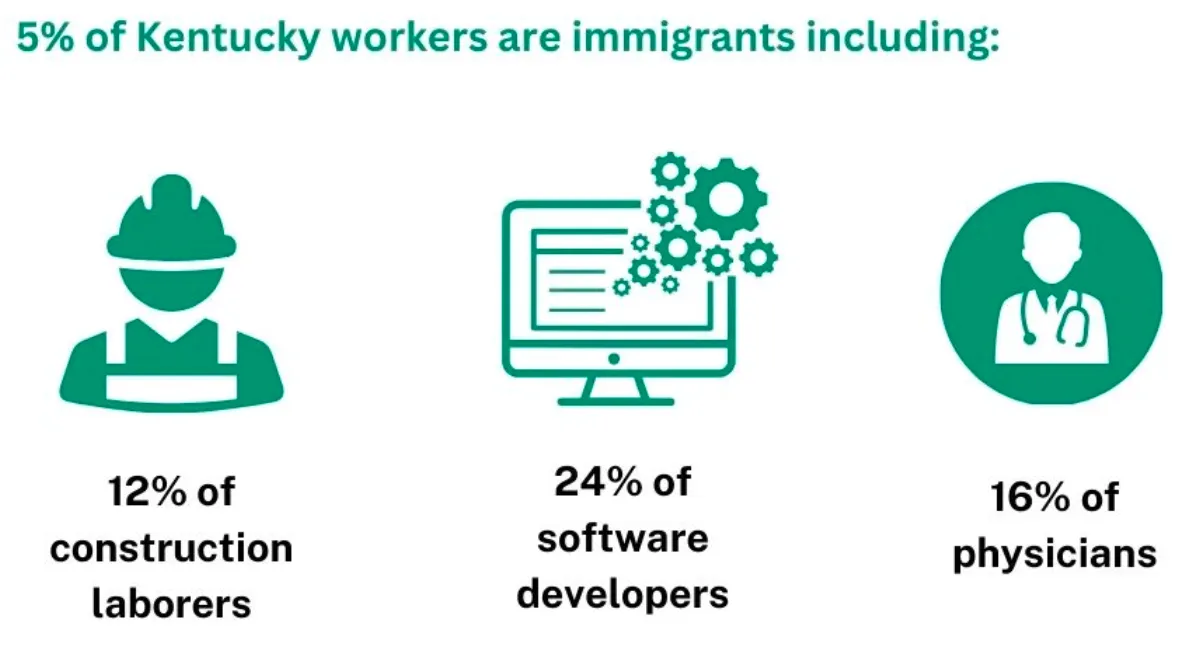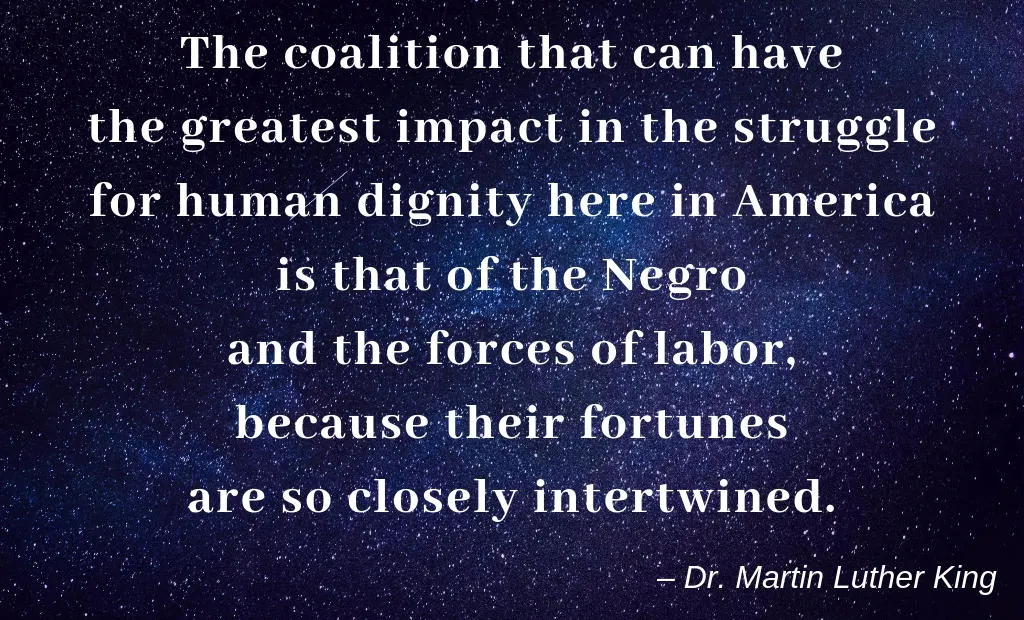Table of Contents
Daniel Cameron is set to soon present his findings in the Breonna Taylor case to a grand jury.
The day has finally come! Daniel Cameron is finally complying with what many Americans have begged him to do — arrest the cops that killed Breonna Taylor!
Psych! It’s not that simple.
In case you’ve been living under a rock, Daniel Cameron is the current — and historically, the first — Black Attorney General for the Commonwealth of Kentucky. For you Hamilton fans, he epitomizes Aaron Burr’s mantra: “Talk less, smile more ... don’t let them know what you’re against or what you’re for.”
Not only is he unqualified for his current role as AG, but he’s most definitely unqualified for a rumored life appointment to the Supreme Court when RGB finally kicks the bucket because she selfishly did not retire during Obama’s presidency.
Nevertheless, Daniel Cameron is now in charge of the Breonna Taylor investigation. And what is he doing with it?
Instead of actually pressing charges against the officers that shot and killed Breonna Taylor, Daniel Cameron is taking a legalese approach to the case — projecting the illusion that he’s charging the officers involved.
Allow me to explain. The grand jury is a very secretive process — it’s not open to public observation, and only the people in the room know what happened and what was said. Grand jurors are chosen by the same process as regular jurors — jury selection — but the main difference is that the grand jury gets to decide if the charges a prosecutor wants to bring against a defendant are legitimate enough to proceed to the next step. Instead of deciding guilt or innocence, the grand jury decides whether to indict (formally charge) a defendant, or to not indict (return “no true bill”).
So, this is how the process typically goes, for example: Vlad is accused of slamming a hammer over Don’s head. Cops arrive at the scene, take pictures of Don’s injuries, interview a couple of witnesses, arrest Vlad, take him to jail, and charge Vlad with assault.
Eventually, Vlad’s assault charge is presented to a grand jury where the jurors will decide whether to indict Vlad with assault or not. During this grand jury presentation, the jurors will hear from the prosecutor (in Breonna’s case, the prosecutor is Daniel Cameron) as well as from the responding officer(s) to decide if they will indict the defendant with the charge (in Vlad’s case — assault) that the prosecutor is asking them to indict on.
BUT, that is not what Daniel Cameron is doing in Breonna’s case. He has completely skipped the arrest part and is going straight for the grand jury indictment. Is that allowed? Yes. Why is he doing that? So he can appeal to all sides, of course.
To the layperson, officers Brett Hankinson, Jonathan Mattingly, and Myles Cosgrove murdered Breonna Taylor. However, the officers’ actions may not perfectly match up with a murder indictment according to Kentucky law.
Let’s say — hypothetically — Daniel Cameron asks a grand jury to indict all three officers of murder in compliance with the many cries of Americans mourning the loss of Breonna Taylor. The grand jury evaluates the facts of the case against the Kentucky law on murder — KRS 507.020, which says “With the intent to cause the death of another person, he causes the death of such person or of a third person ...”
Hypothetically, the grand jury gets caught up in the language of the statute “with the intent.”
Hypothetically, the grand jury decides that the officers did not cause the death of Breonna Taylor “with the intent to cause” her death.
Hypothetically, as a result, the grand jury then votes not to indict the officers on the charge of murder.
If the grand jury returns "no true bill" on a charge of murder for the three officers, Daniel Cameron will get the best of both worlds. He will become the guy that did what everyone asked him to do: (1) charge the officers with murder; and (2) keep the officers out of prison at the same time!
The “bad guy” label will shift from Cameron to this unidentified, secret group of jurors that no one can, or will, ever be able to identify. And then — hypothetically — Cameron is off the hook for the Breonna Taylor investigation; and in the process, has gained popularity among the Black lives for charging the officers with murder, and among the blue lives for keeping the officers out of prison.
While Breonna never receives the justice she deserves.
Hypothetically, of course.
--30--


